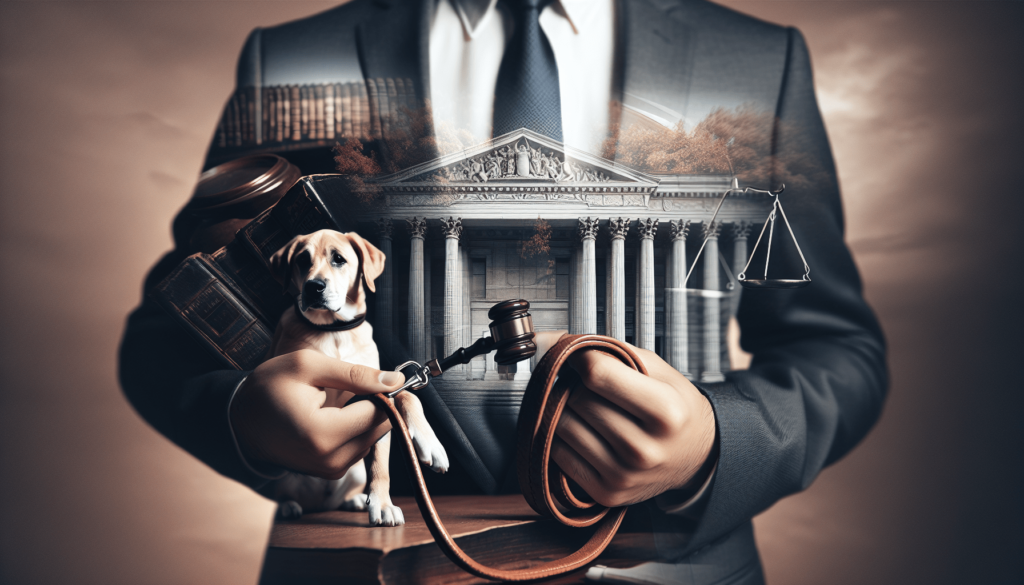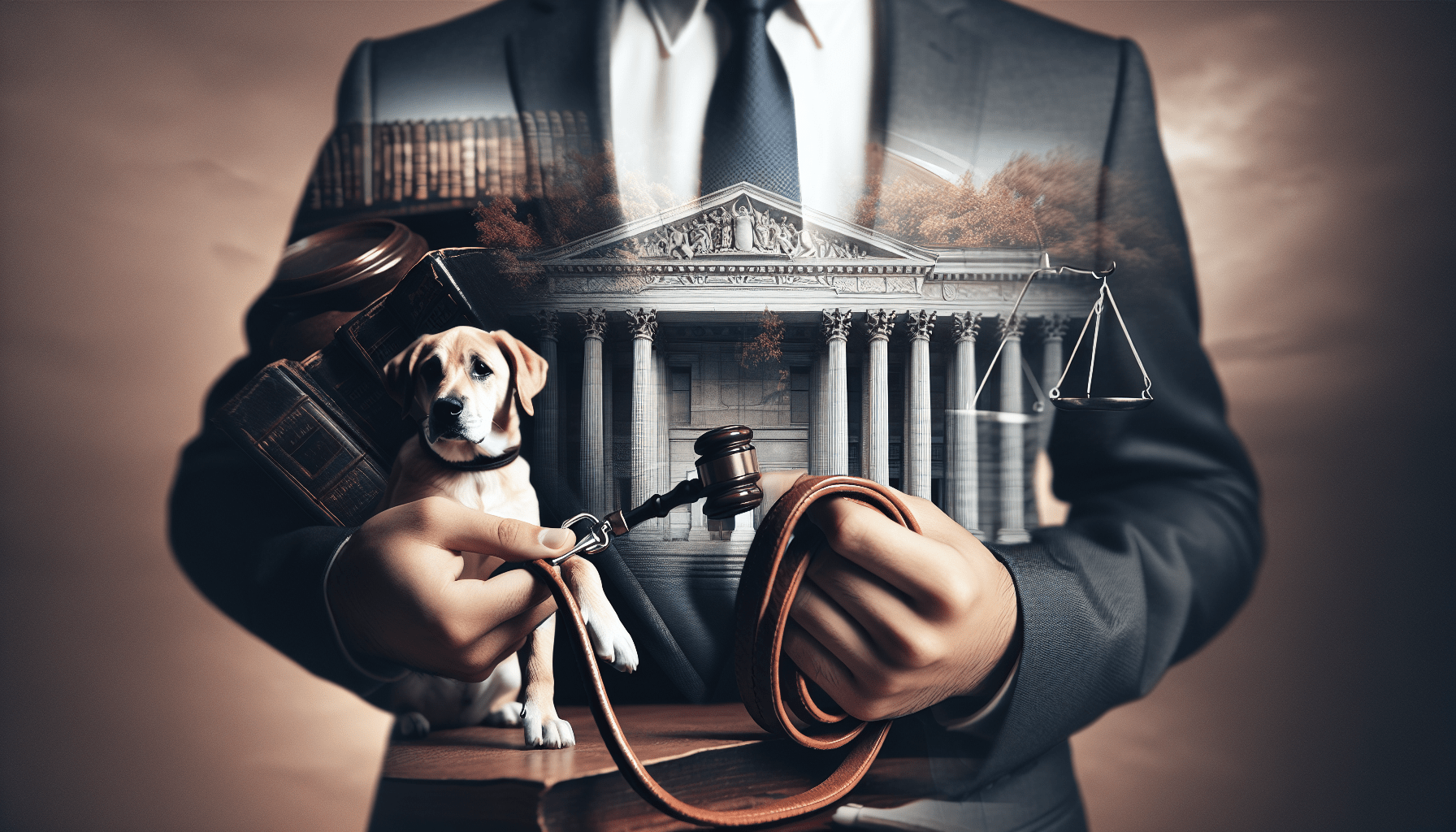Have you ever wondered about the legal rights you have as a pet owner?
Owning a pet can bring immense joy and companionship into your life, but it also comes with a set of responsibilities and legal obligations. In this article, we will explore the legal rights of pet owners and help you understand what you are entitled to as a pet owner.
Understanding Pet Ownership
Before we delve into the legal aspects of owning a pet, it’s important to understand what pet ownership entails. When you bring a pet into your home, you become responsible for their well-being, care, and safety. This includes providing them with food, shelter, medical care, and love. Understanding and accepting these responsibilities is vital to being a responsible pet owner.
Importance of Knowing Your Legal Rights
As a pet owner, being aware of your legal rights is crucial in ensuring that you and your pet are protected under the law. Knowing what you are entitled to in terms of pet ownership can help you navigate potential legal issues that may arise and ensure that you are able to provide the best care for your furry friend.
The Rights and Duties of Pet Owners
Right to Own a Pet
In most places, pet ownership is considered a legal right. As long as you are able to provide proper care for your pet, you are entitled to own one. This right allows you to choose the type of pet you want to bring into your home and make decisions regarding their care and well-being.
Duty to Provide Proper Care
With the right to own a pet comes the duty to provide proper care for them. This includes providing adequate food and water, shelter, medical care when needed, and a safe environment for your pet to live in. Neglecting these responsibilities can result in legal consequences and, more importantly, harm to your pet.
Duty to Comply with Local Laws and Regulations
In addition to providing proper care for your pet, as a pet owner, you are also required to comply with local laws and regulations regarding pet ownership. This may include licensing your pet, following leash laws, and cleaning up after your pet in public spaces. Failure to comply with these laws can result in fines or other penalties.
Legal Protection for Pet Owners
Anti-Cruelty Laws
Many jurisdictions have anti-cruelty laws in place to protect animals from abuse and neglect. These laws make it illegal to harm or mistreat animals, and they provide legal recourse for pet owners whose pets have been abused or neglected. If you suspect that your pet has been a victim of cruelty, it’s important to report it to the authorities immediately.
Right to Medical Care
As a pet owner, you have the right to seek medical care for your pet when they are sick or injured. This includes taking them to the veterinarian for regular check-ups, vaccinations, and treatment when needed. If you are unable to afford medical care for your pet, there are resources available to help, such as low-cost clinics and pet insurance.
Housing Rights
Pet owners also have legal rights when it comes to housing. In many places, landlords are not allowed to discriminate against tenants with pets, and they are required to make reasonable accommodations for pet owners. This may include allowing pets in rental units, as well as not charging extra fees or deposits for having a pet.
Travel Rights
If you enjoy traveling with your pet, it’s important to know your rights when it comes to pet-friendly accommodations and transportation. Many airlines and hotels have specific policies regarding pets, so be sure to check their guidelines before booking your trip. Additionally, some states have laws in place to protect pet owners who travel with their pets, such as allowing them to bring their pets into restaurants or hotels.

Dealing with Legal Issues as a Pet Owner
Neighbor Disputes
One common legal issue that pet owners may face is disputes with neighbors regarding their pets. This could include noise complaints, concerns about aggression, or issues with pets wandering onto neighboring properties. In these situations, it’s important to try to resolve the issue amicably with your neighbor first. If the issue escalates, you may need to seek legal advice or mediation to find a resolution.
Pet Custody Disputes
If you are going through a divorce or separation and have a pet with your partner, you may encounter pet custody disputes. In many jurisdictions, pets are considered property, so the court will treat them as such when determining custody. It’s important to work with your ex-partner to come to an agreement that is in the best interest of your pet, or seek legal advice if you are unable to reach a resolution.
Liability Concerns
Pet owners can also face liability concerns if their pet injures someone or damages property. In these situations, pet owners may be held responsible for the actions of their pets, even if they were not directly involved. It’s important to have liability insurance in place to protect yourself in case of any accidents involving your pet.
Conclusion
As a pet owner, understanding your legal rights and responsibilities is essential in providing the best care for your furry friend. By knowing what you are entitled to under the law, you can navigate potential legal issues with confidence and ensure that you and your pet are protected. Remember that being a responsible pet owner goes beyond just providing the basics – it also involves knowing and upholding your legal obligations. If you have any questions or concerns about your legal rights as a pet owner, don’t hesitate to seek legal advice or resources in your area.
By being informed and proactive, you can create a safe and loving environment for your pet while also safeguarding your own rights as a pet owner. So, go ahead and give your furry friend an extra cuddle today – you both deserve it!


